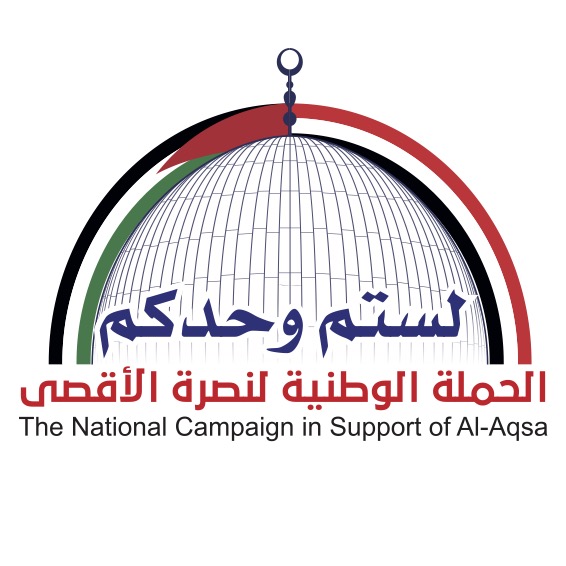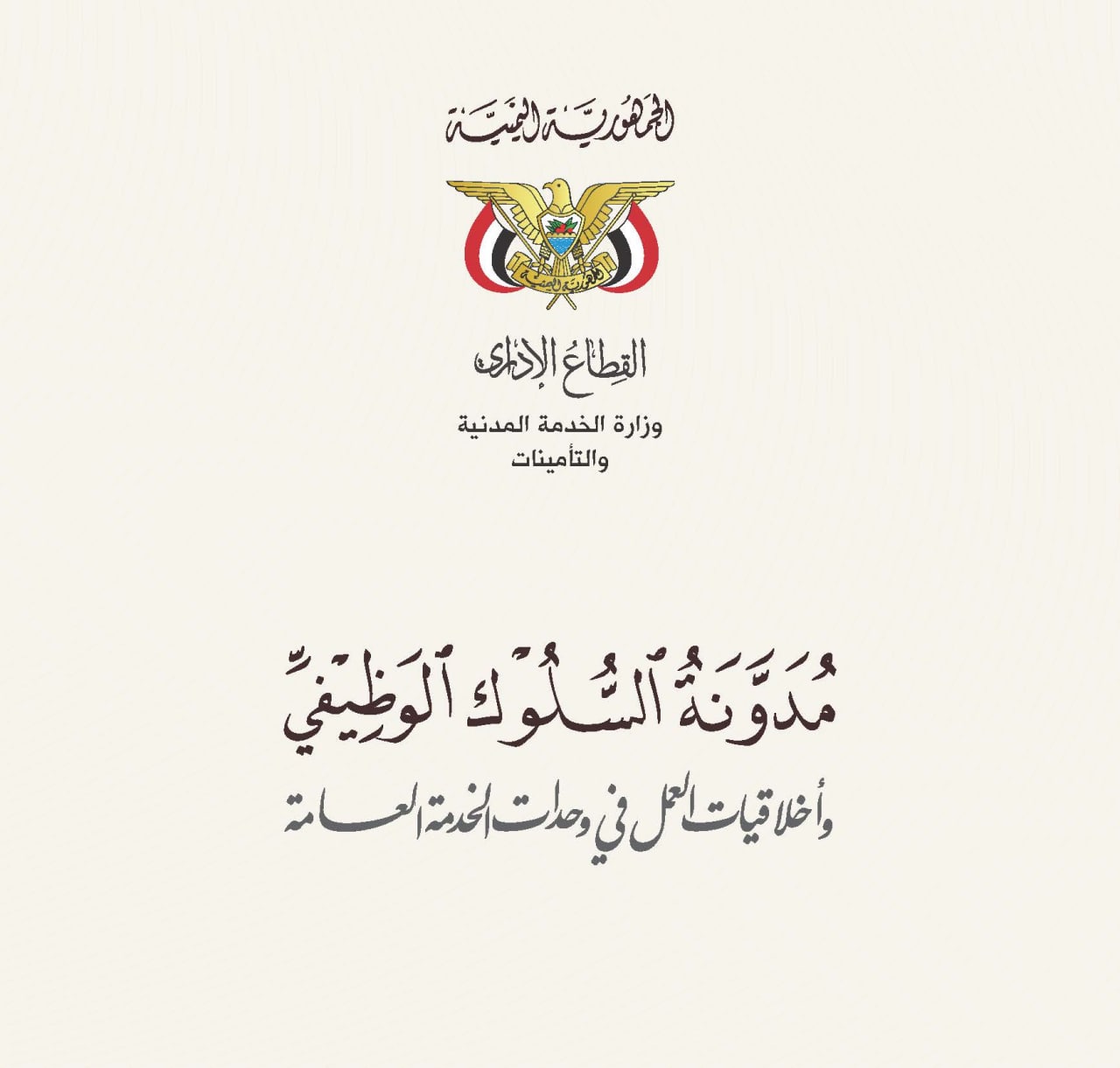Althawra Net
Human rights groups say they have uncovered definitive proof a UK-made cruise missile was used to destroy a civilian target in Yemen in September and have called for Britain to end arms sales to the Saudi Arabia-led coalition fighting a bloody campaign against rebel forces there.
Such a use of the missile, made by Marconi and sold to Saudi Arabia during the mid-1990s, was “depressingly predictable”, said Amnesty International, which conducted the investigation alongside Human Rights Watch.
According to research at the scene and interviews with witnesses, the groups say the missile was used on 23 September to destroy a ceramics factory in a village west of the Yemeni capital, Sana’a. The factory appeared to have no military purpose, Amnesty said in a statement.
Amnesty said the strike, which killed one person, appeared to violate international law and contradicted British government claims that any use of UK weapons by Saudi-led forces was done lawfully. There had not apparently been an investigation into what happened, it added.
Amnesty has previously urged Britain to end arms sales to Saudi Arabia, given what the organisation describes as an “appalling disregard” for civilian lives by a Riyadh-led coalition which is battling Yemeni Houthi rebels of the Zaydi sect, who are widely seen as being supported by Iran.
Last month, the group said it had found evidence of apparent war crimes in connection with 13 airstrikes around the north-eastern Saada region, which killed about 100 civilians, including 59 children and 22 women.
The confirmed use of a British-made missile in an apparent attack on civilians was not a surprise, said Kate Allen, the director of Amnesty UK. “This was depressingly predictable,” she said. “Amnesty has repeatedly warned that UK-made weapons were likely to end up causing civilian casualties in Yemen, but those warnings have been recklessly ignored.”
Allen pointed out that the UK is a signatory to the arms trade treaty, which came into force last year, under which nations must not pass weapons to another country if there is reason to think they would be used for attacks on civilian targets, or to violate human rights or international law.
She said: “The UK is now bound by the arms trade treaty. Therefore what is now needed is an immediate stop on UK arms transfers to the Saudi-led coalition that risk being used in the Yemen conflict, a comprehensive investigation into current UK arms transfers, and guarantees that we won’t be selling further weapons which contribute to violations of international law.
“It’s completely unacceptable to wait for civilian casualties to pile up before acknowledging the risk. That’s simply not how arms trade embargoes are meant to work.”
Allen said she had written to the foreign secretary, Philip Hammond, asking for action over the issue.
The investigation into the missile strike on the factory in the village of Matna, found remnants identified as coming from a PGM-500 Hakim air-launched cruise missile, supplied to Saudi Arabia in the mid-1990s and made by the UK firm Marconi. Amnesty said such missiles were known to be in service with the United Arab Emirates air force.
The same type of missile was used in a strike earlier this month in northern Yemen, but hit an open field, causing no casualties, it said.
The investigation did not find any evidence of the factory being used for military purposes. However, it was near a hospital, which the missile caused minor damage to. The factory, which employed more than 300 people, had stopped work in April due to security fears and fuel shortages.
One witness, Ibrahim Ghaleb Mohammad al-Sawary, the son of one of the factory directors, told the investigation he heard “whizzing followed by a very loud explosion”.
He said: “I started running away but less than two minutes later we heard the second explosion. I saw people running away from their homes – kids, older people and young people – all of them scared like us and running away without knowing where.”
Amnesty identified the victim as 28-year-old Yahya Abd al-Karim al-Sawary, who was killed by shrapnel as he was fleeing the area.
The coalition government licensed more than £4bn worth of arms to Saudi Arabia. Both British fighter jets and bombs are being deployed by Saudi Arabia against targets in Yemen.
Andrew Smith of Campaign Against Arms Trade said: “UK arms and UK cooperation have been central to the devastation of Yemen. The government must stop arming the Saudi regime and end its complicity in the humanitarian crisis being unleashed on the people of Yemen.”
A government spokesman said: “Her Majesty’s government takes its arms export responsibilities very seriously and operates one of the most robust arms export control regimes in the world.
“We rigorously examine every application on a case-by-case basis against the consolidated EU and national arms export licensing criteria. Risks around human rights abuses are a key part of our assessment.”
The Guardian






